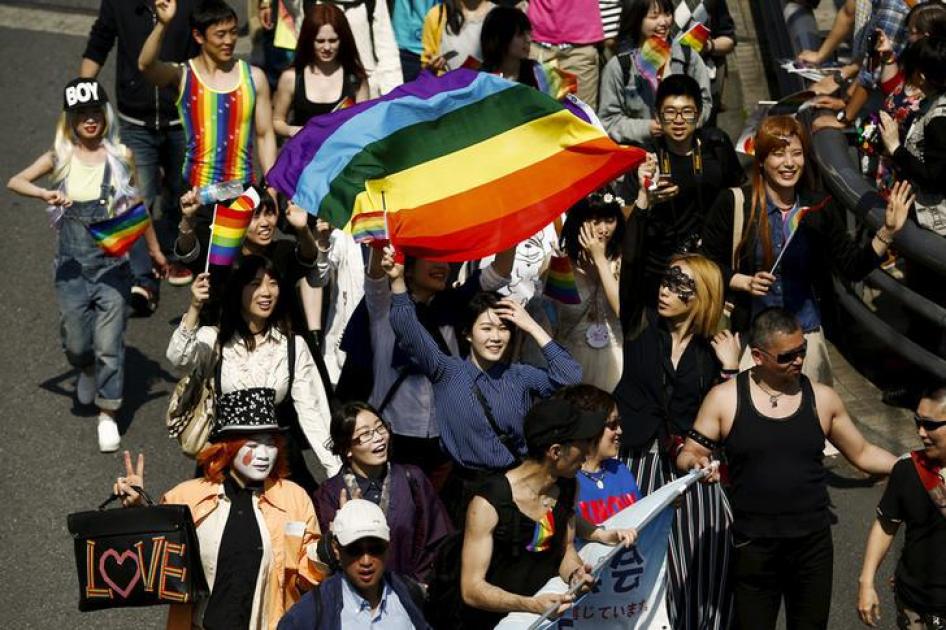Today, hundreds of activist groups throughout the world will gather to mark the 8th annual International Day for Trans Depathologization – a global event to raise awareness about the limitations that abusive and discriminatory medical models place on transgender people’s basic rights.
Transgender activists are fighting a tide of stigma and discrimination, with roots deeply entwined in a medical system that has historically diagnosed this very desire to change as a mental health condition. It’s currently referred to as “gender dysphoria” in the American Psychiatric Association’s diagnostic manual and as “gender identity disorders” in the World Health Organization’s International Classification of Diseases.
Despite progress in countries such as Malta, Norway, Argentina, and Nepal, governments around the world propagate medical and policy paradigms that deem trans people “mentally ill.”
For example, transgender people who want to change the gender on personal documents in Kazakhstan are required to undergo surgical procedures, hormone therapy, and a humiliating “evaluation” interview before a commission of “experts.” Japanese law requires a diagnosis of “gender identity disorder” and then mandates surgical procedures and hormonal interventions, even if the person doesn’t want them.
Healthcare professionals have an important role providing care for transgender people, free from discrimination and to the highest standard possible. But the process for legal recognition of gender identity should be separate from any medical interventions. In 2015, the World Professional Association of Transgender Health called on governments to “eliminate unnecessary barriers and to institute simple and accessible administrative procedures for transgender people to obtain legal recognition of gender.”
The World Health Organization is considering major changes to its revised version of the International Classification of Diseases, due out in 2018, in the hopes of significantly transforming the way physicians around the world code and categorize transgender people’s experiences. The proposed revisions would move transgender-related diagnoses out of the mental disorders chapter and into a new sexual health chapter – an important step. Human rights issues, such as legal recognition, should be separate from any medical interventions. But if someone’s personal transition process requires medical support, those services should be available and accessible.
All governments should commit to the core principle that they will not decide for people who they are.









